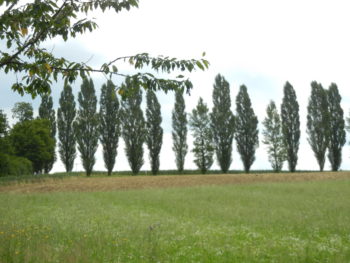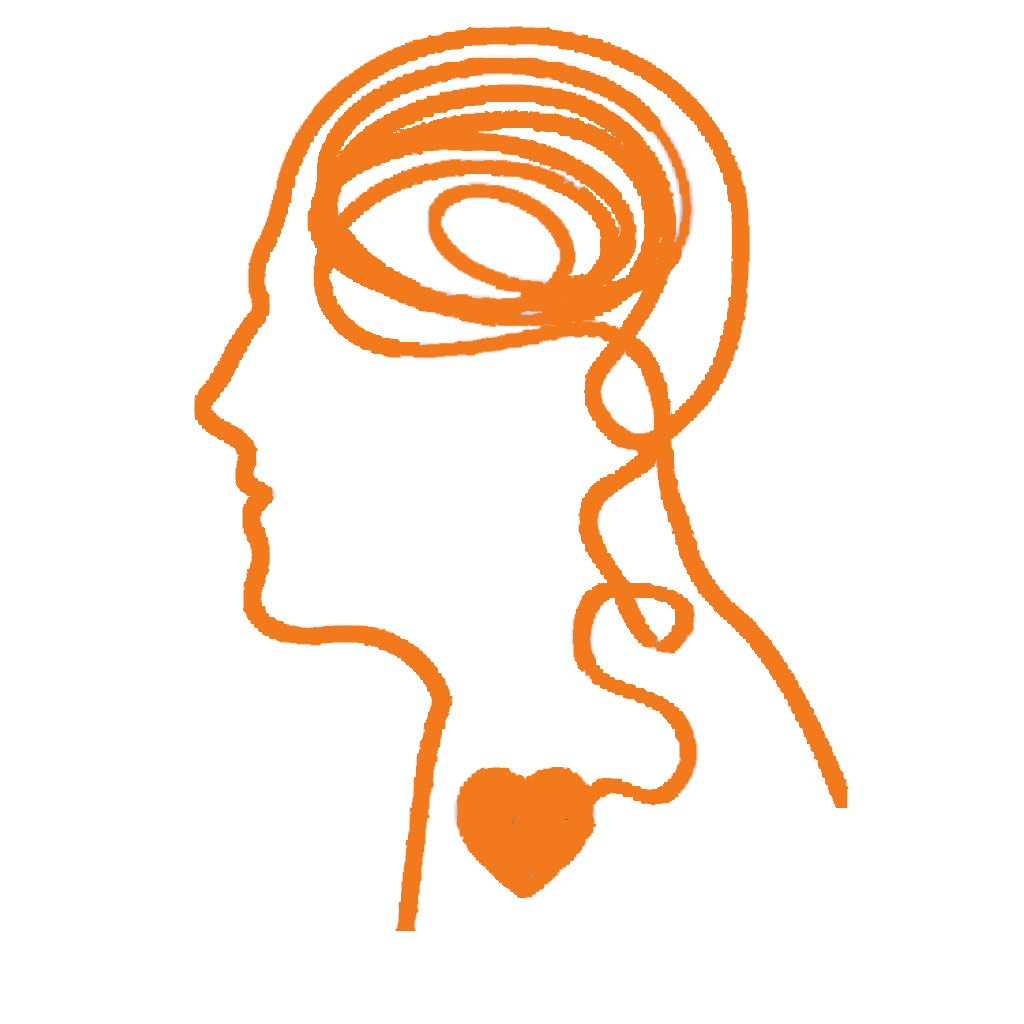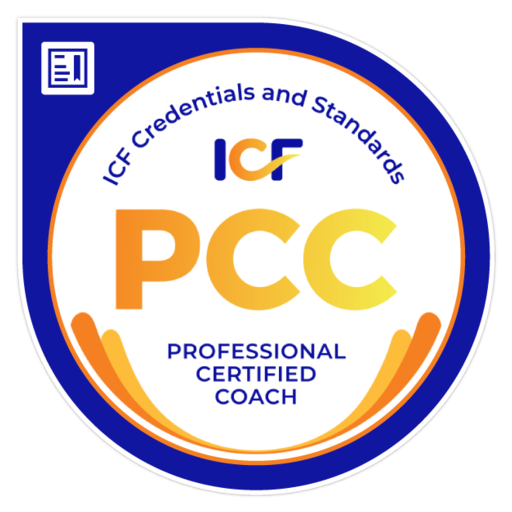 In my first three articles about cultural consensus, I defined cultural competency, provided a self-awareness test and discussed how to embrace cultural differences. Here, I want to talk about learning and skill development. This is something I know about personally as I take this aspect of cultural competence very seriously in my every day life.
In my first three articles about cultural consensus, I defined cultural competency, provided a self-awareness test and discussed how to embrace cultural differences. Here, I want to talk about learning and skill development. This is something I know about personally as I take this aspect of cultural competence very seriously in my every day life.
From my first post on this subject you will remember that there are four basic steps to achieving cultural competence:
- Awareness: be aware of your own cultural viewpoint – what triggers you; what are you afraid of?
- Curiosity: learn about different cultural practices and world views and be curious rather than judgmental – what can I learn here; how can I use this “new” information to enhance and change the “old”?
- Attitude: take a positive accepting attitude toward cultural differences – how can I change my attitude?
- Skills: gain cross cultural skills – what do I need to learn to be culturally competent?
Being German, but not Jewish, I have always felt that it is very important to learn about the Jewish culture and religion. I started this journey toward cultural understanding when I was 16 years old and took my first trip to Israel. It was a four week camping and hiking trip that took us from Rosh HaNikra to Sinai. I still remember the moment when I stepped off the plane at Ben Gurion airport; something was telling me that I was home. A few years later, right after High School, I signed up with Action Reconciliation and Services for Peace, a non-profit organization whose mission is to reconcile with victims of WWII. I spent 15 months in Israel volunteering at Yad VaShem (the National Holocaust Research Center and Memorial) and working and living in a group home for children who were diagnosed with cerebral palsy. I made my mind up that I wanted to immerse myself in the culture and to learn as much as possible about the all the different religions, cultures and people who lived in Israel and the West Bank. I made the most wonderful friends, many of whom remain my friends even today. I have now been to that part of the world more than a dozen times, most recently this spring, where I renewed my friendships started 28 years ago.
I felt that I had mastered the first three skills for cultural competence: awareness, curiosity and attitude, but had a long way to go with the skill requirement. So to really break down any remaining barriers, I put my best foot forward to learn Hebrew (and a little Arabic), develop Hebrew speaking and writing skills, and also learn about the Jewish and Muslim religions. Now, I can truly say, I have done what I can to disengage from any bias I might have had. I am developing the skills to acculturate myself with what once was foreign to me.
You can do the same thing, in many different ways and in many diverse scenarios. Are you going away on a vacation to a French-speaking culture? Take the time and initiative to learn some basic phrases, enough to say good morning, to say that you don’t speak the language, to ask that French be spoken more slowly for you – these are small and very “learnable” bits of information, but they show that you care. And, you will find that once you start on the road to learning, absorbing more of the local culture will become increasingly natural to you.
Here’s another scenario that can serve as a model for skills development in a new cultural environment. Suppose you are invited to the White House for dinner. That’s a culture far removed from our every day life. You need to read up on White House protocol: How do you address the President? The First Lady? The Secretary of State? Do you have to wait until everyone is served before you start eating? Will there be a prayer first? How do you take your leave? The questions are endless. But, the answers are there if you research them and take the time and energy to show that you care. Instead of entering the new environment with fear and trepidation, you will feel excitement and have great success. You will be in a new exciting and challenging environment, but without fear of “doing the wrong thing.” (O.K. – If you’re going to the White House you’re going to be freaked no matter how much homework you do! But, the homework will help you cope.) If you care enough to study, learn and develop skills, you will succeed in an unknown cultural environment. Indeed, you will flourish and come away with a new, broader and better comprehension of the world in which we live.
Now is a good time to go back to all four articles on the issue of cultural competence and reassess yourself:
- Do you understand what culture means and that culture can be a microcosm or a macrocosm? Culture can be the shared characteristics of a small group, of a corporation, of a country or of a family.
- Have you fairly assessed your biases (including the ones you might not want to admit) and learned what obstacles you may bring to an interaction that will hamper you from full understanding and acceptance? Drop the bias so that you can open the road to acceptance.
- Do you go into a new experience, country or culture with an open mind? Be prepared to have a positive experience by making the most of your differences and to embrace the other as a source of learning.
- Have you taken steps to break down barriers to communication and understanding by engaging in active learning and skill development? In other words, learn to speak the language and the basic mores, patterns and expectations of a different way of life.
I wish you great success on this journey. As I know myself from my personal commitments – it is well worth the effort.




